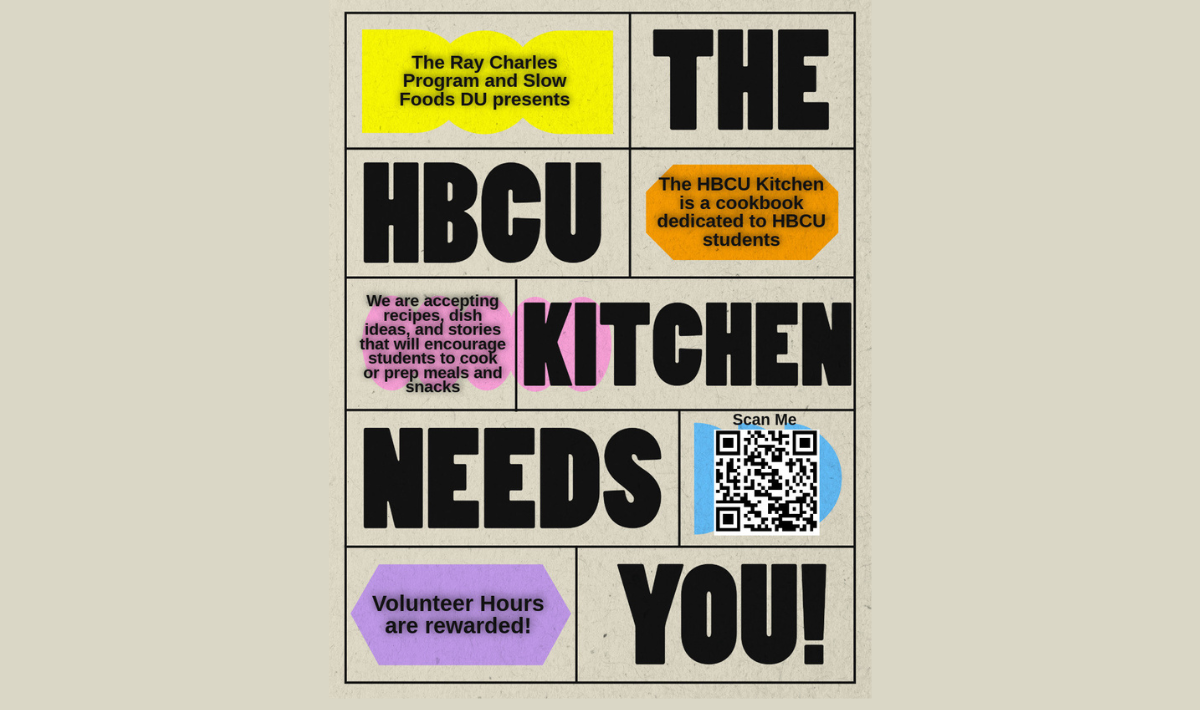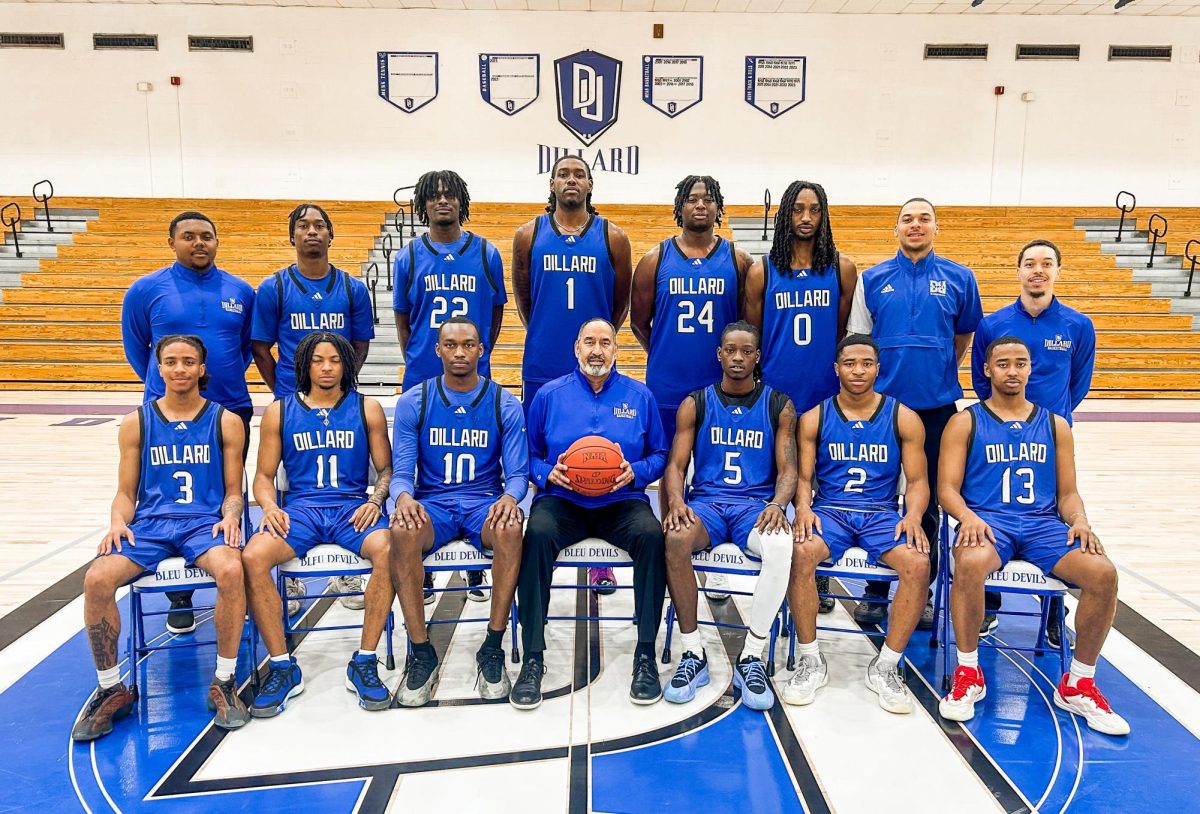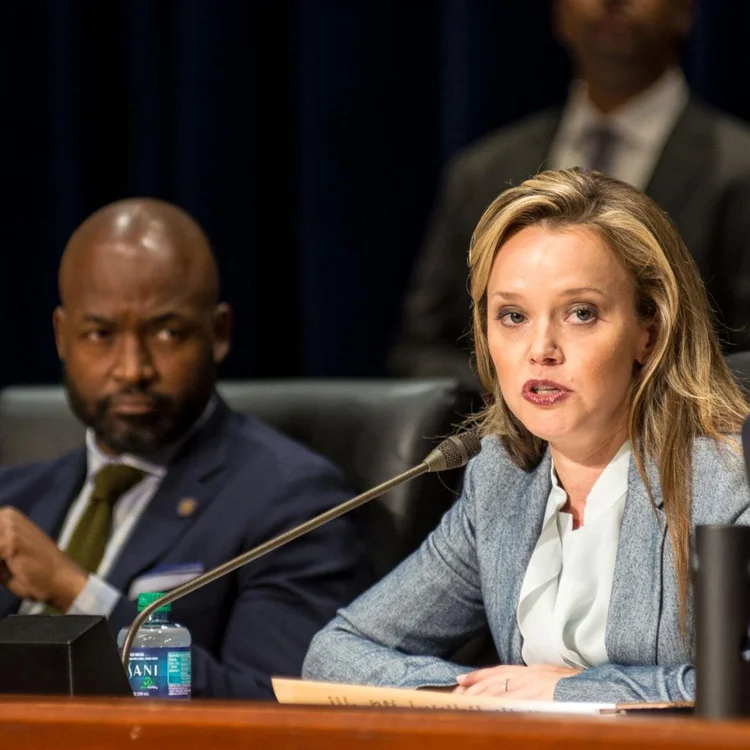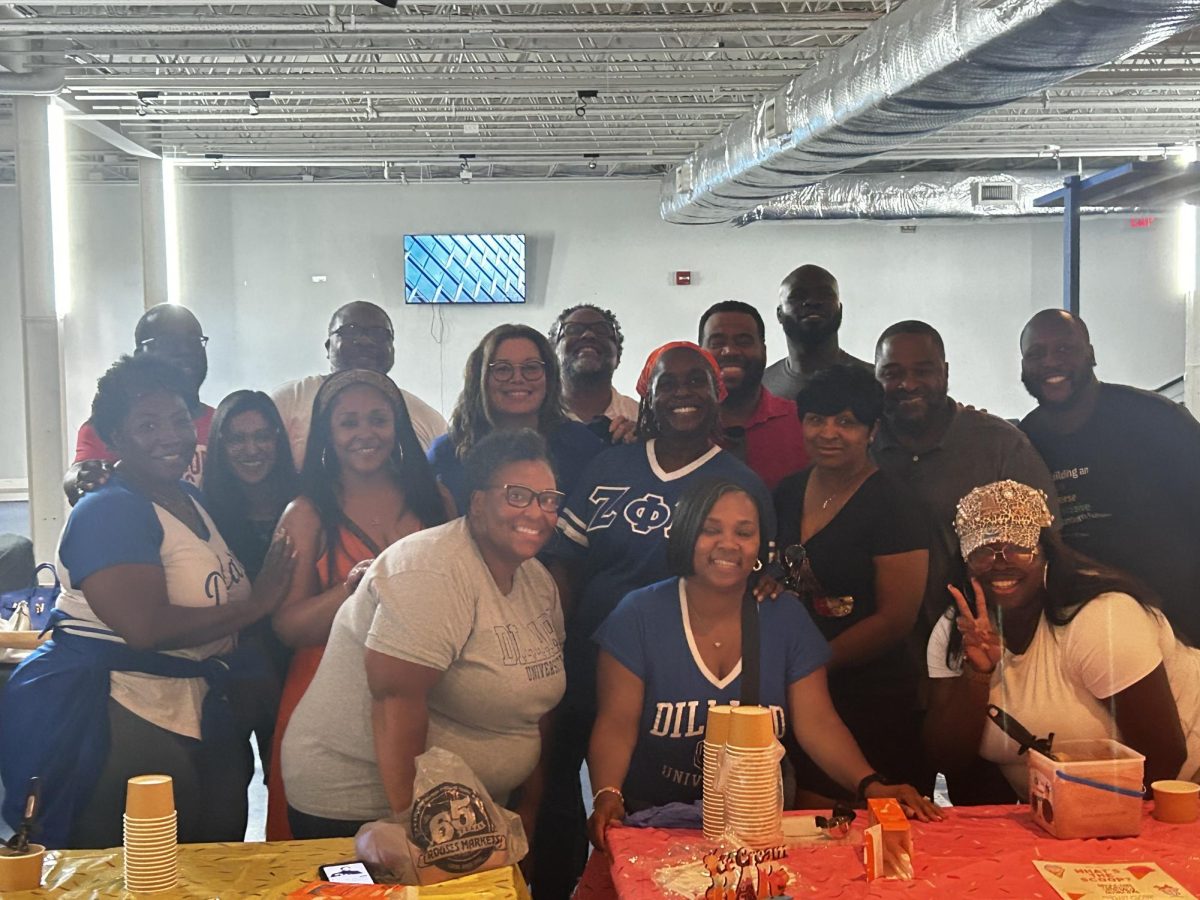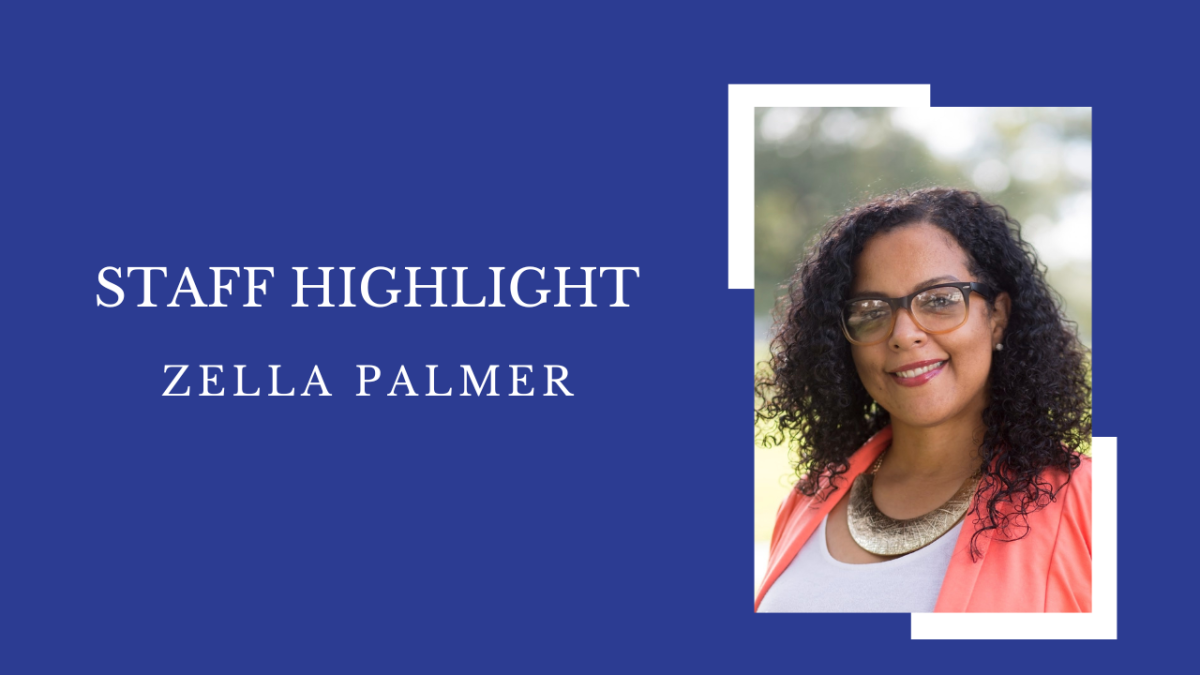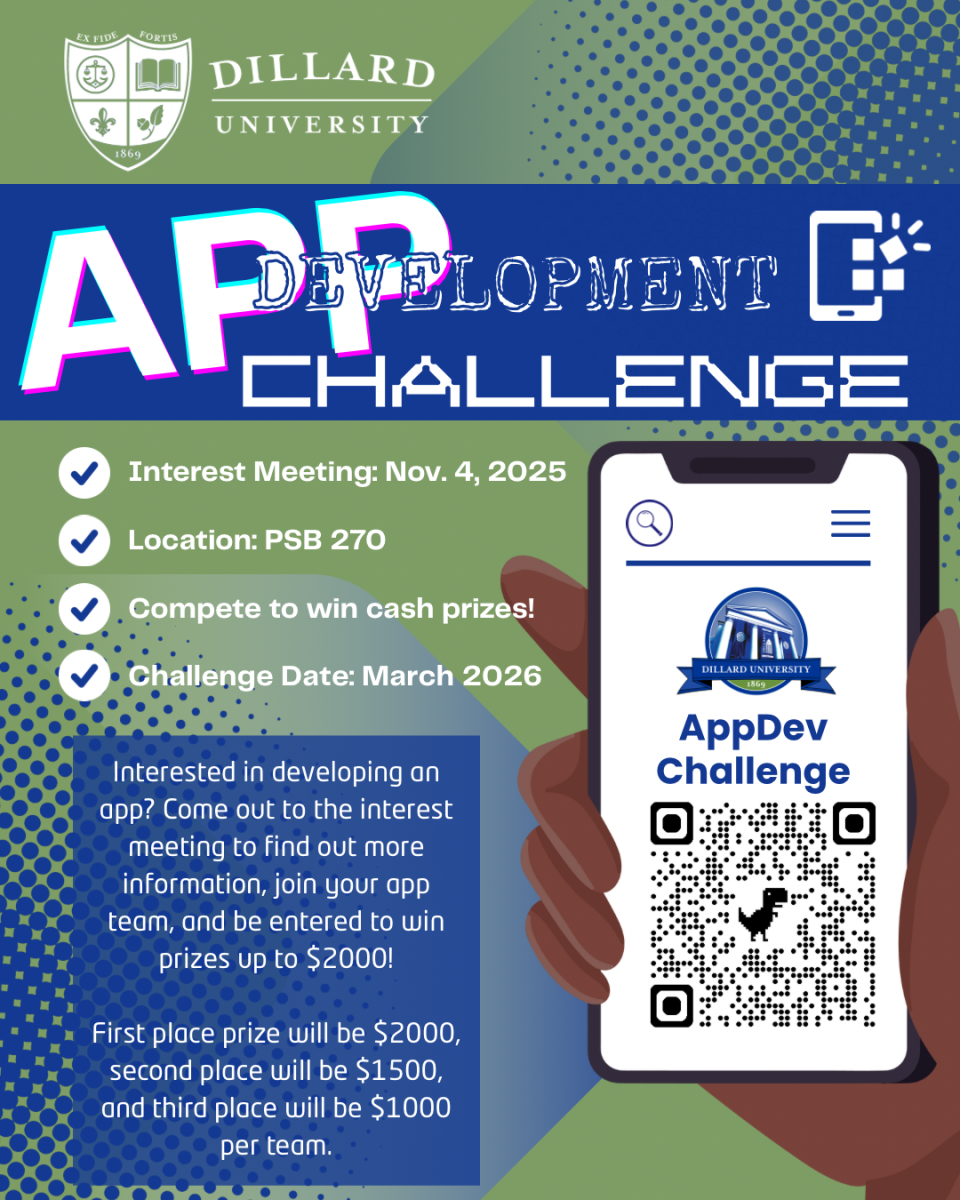Throughout the early mornings of April 16 students at Virginia Polytechnic Institute and State University in Blacksburg, Virginia, did not expect to experience a tragedy that would change their lives forever. The tragedy that struck their lives was brought upon them by senior English major, Seung- Hui Cho when he murdered32 people. 27 of the victims were students, five were faculty members; and many were left wounded before he committed suicide. The attacks occurred between the hours of 7:15 am and again at 9:30 am through 9:50 am. This attack has been marked the deadliest shooting in modern U.S history.
Sympathy was shown throughout the nation when college students and communities held benefits, dinners, vigils and forums days and weeks after the massacre. The 23 year old shooter had been declared mentally ill by a Virginia special justice in 2005 and had also been investigated for the harassment and stalking of two young women at the university. Due to the attack many issues of gun control arose and the shooter’s ability to obtain a weapon was heavily discussed. The attacker, a mentally ill individual was given access to two semi-automatic weapons, many question why that was allowed. According to an article on wikipedia.com, the Virginia Tech gun-free “safe zone” policy ensured that none of the students or faculty would be armed and thereby able to stop Cho’s rampage. Many others argued that coherent and consistent federal and state laws combined with adequate communication between government entities could have prevented Cho from acquiring weapons without compromising Second Amendment rights. Virginia Tech has a blanket ban on possession or storage of firearms on campus, even by state-licensed concealed weapons permit holders, that still did not stop the attack from occurring.
The question that arises from this situation becomes, how can what occurred be prevented from happening again? Should metal detectors be placed in every building on campus? The answer to that question may have many answers, however there’s still open space around campus that an attacker could occupy. Should Cho have been removed from the university when counseling was suggested by a school counselor, or when he was declared mentally ill? According to the American Journal of Psychiatry, over the past five years, a growing number of states have enacted legislation to restrict people with mental illness from gaining access to guns. Cho was declared mentally ill and somehow still managed to purchase not only one but two handguns. Why was Cho not properly treated and allowed to still attend classes?
The blame for the shooting can not be placed on anyone person, however it could have avoided. Issues with gun control may be seen as an infringement on people’s second amendment right, which states: “A well regulated Militia, being necessary to the security of a free State, the right of the people to keep and bear Arms shall not be infringed.” What’s ironic is that the same people, who support guns, are the same people who bring up their second amendment rights constantly. The simple fact remains that the amendments believe it or not, are subject to discussion. Plain and simple in text it does not say that you have to be a certain age to carry a gun, or a certain mental capacity; but you do have to be. In essence, you have to read between the lines. Cho was not mentally stable and should have been treated, this tragedy could not have been avoided for a fact, but there are precautions that could have been taken. Next time a school psychiatrist suggests counseling, or a student is declared mentally ill; the university should act very quickly. When a student has problems that are apparent to those of their peers and faculty members, it takes more than a suggestion to see results.

